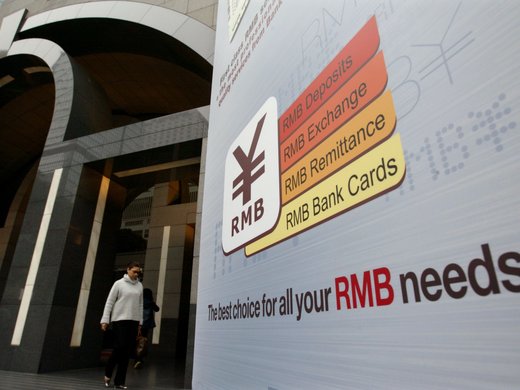The definition of public debt sustainability in the International Monetary Fund debt sustainability analysis framework refers to fiscal adjustment and primary balance as the central elements of the policy course that is most likely to ensure debt sustainability; the induced policy approach is not contributing to the recovery of economies in distress, and instead it is contributing to delays in sovereign debt restructuring, as well as to insufficient debt relief (when the restructuring occurs) for distressed sovereign debtors. The definition needs to be revised to be in tune with macroeconomic theory that is overwhelmingly supported by evidence. A reform in the definition of debt sustainability that refers to consistent macroeconomic policies instead of fiscal adjustment would be better aligned with sound economic theory, and would improve debt policies. This reform would not only improve the quality of the Fund’s sustainability judgments, but would also enhance debt sustainability itself. Such a reform would also reduce the inter-creditor inequities created by the lending-intoarrears policy in the current framework.


